In this Sunday’s Gospel, Jesus presents to his disciples three teachings on how to be true evangelizers. This counsel can also be seen as three essential steps in being leaders and educators after the model of the gospel.


In this Sunday’s Gospel, Jesus presents to his disciples three teachings on how to be true evangelizers. This counsel can also be seen as three essential steps in being leaders and educators after the model of the gospel.
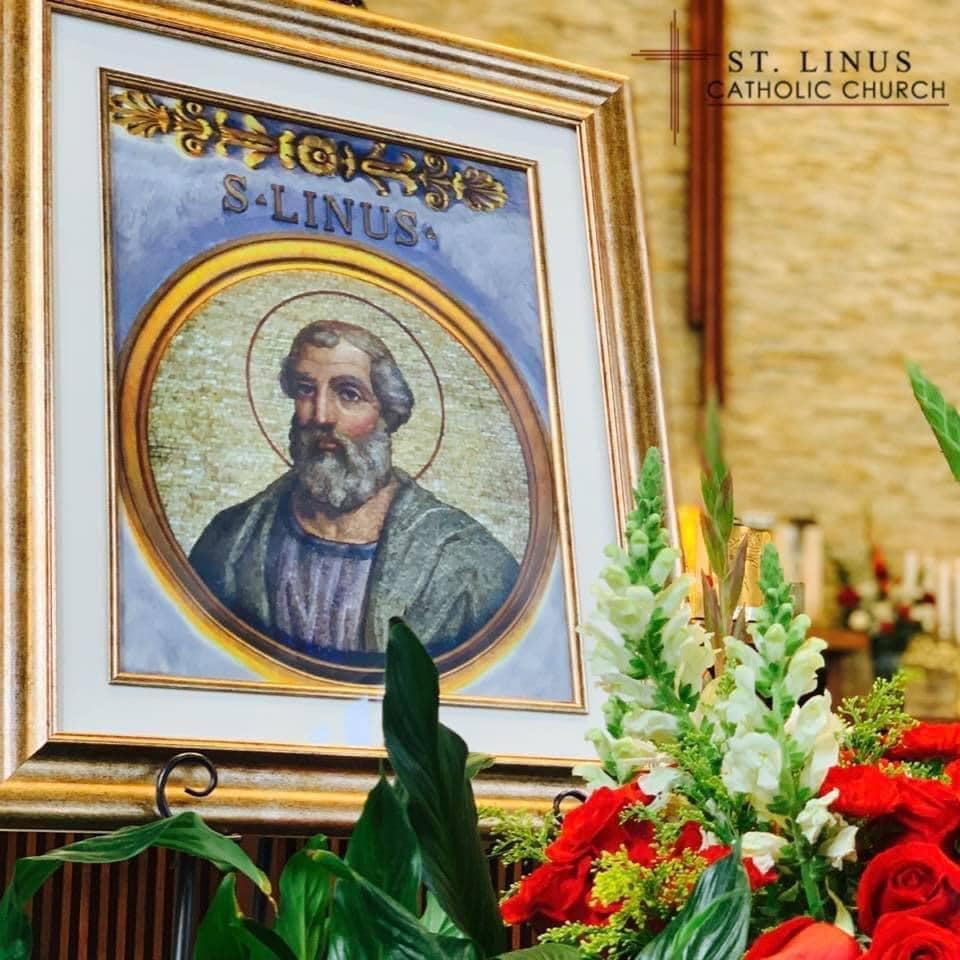
Let me point out two more instances of Peter’s primacy over the other apostles. Chapter 12 of the Acts of the Apostles tells us how Herod, after executing John’s brother James, arrested Peter (verses 1-3), “but earnest prayer for him was made to God by the church” (v 5). Peter was released by an angel, and when he visited those who were praying for him, he gave them instructions to tell the other disciples that he had been freed (cf Acts 12:17).
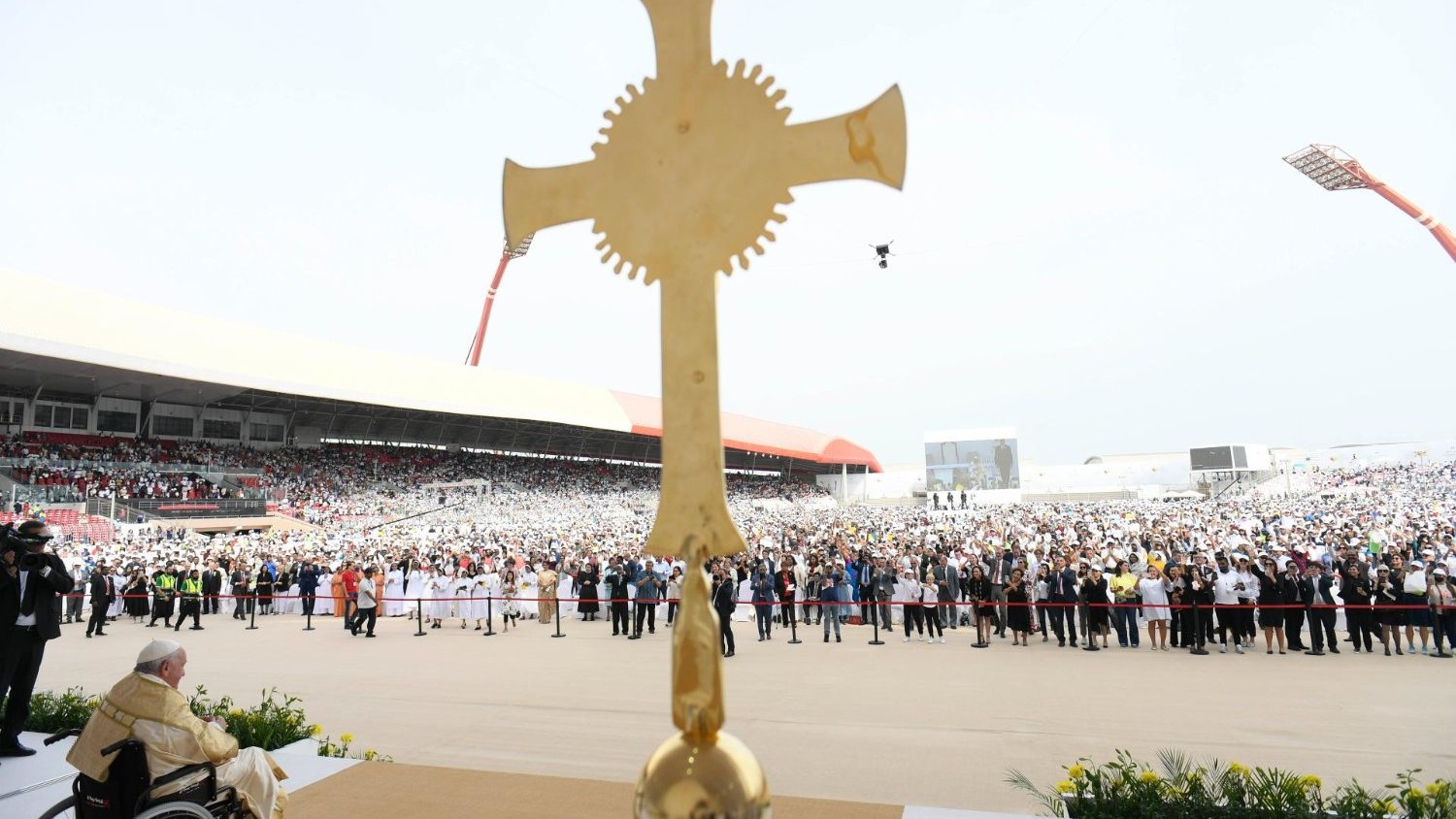
After trying to answer the question what is Hope, and the question who are those who hope, that is after reflecting on the nature of hope and on hopeful pilgrims on the journey of life, we try to answer, in the third column, the question: What do we hope for? Let us consider hereafter the main object of Christian hope and its secondary objects.
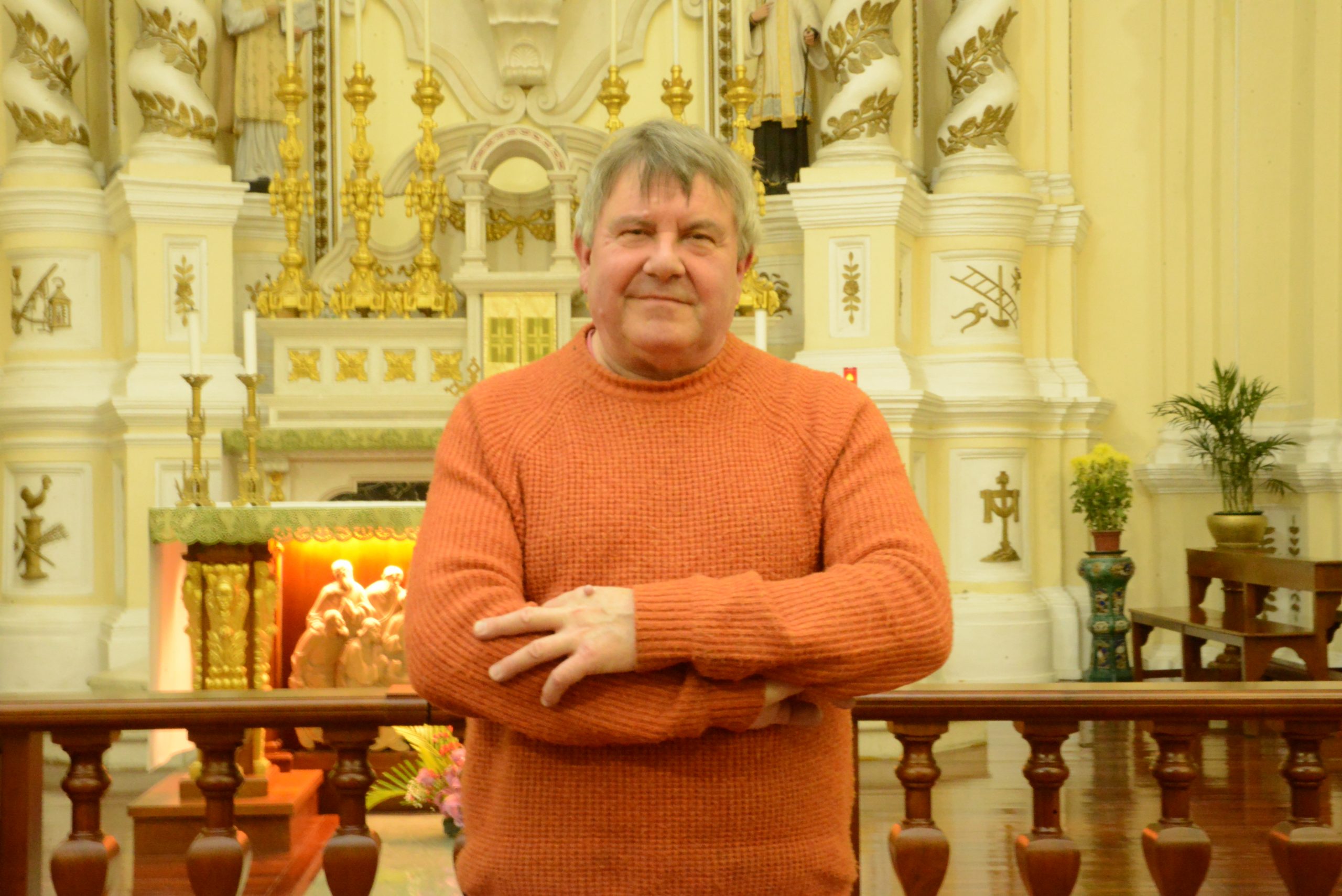
‘A different form of prayer’. This is how Kevin Duggan sums up the importance of sacred music, regardless of whether or not it is performed in a religious or ceremonial context. A renowned musician, the English composer performed earlier this month in Saint Joseph’s Seminary and Church, in a recital promoted by the Macau Diocesan Liturgical Commission. Director of Music at Scotland’s Dunblane Cathedral, the celebrated organist interpreted works by Henry Purcell, Johann Sebastian Bach and Louis Marchand, but also by contemporary composers such as Jesper Madsen or Hans André Stamm. In the end, Mr. Duggan spoke with “O Clarim” about his career and the transformative power of sacred music.
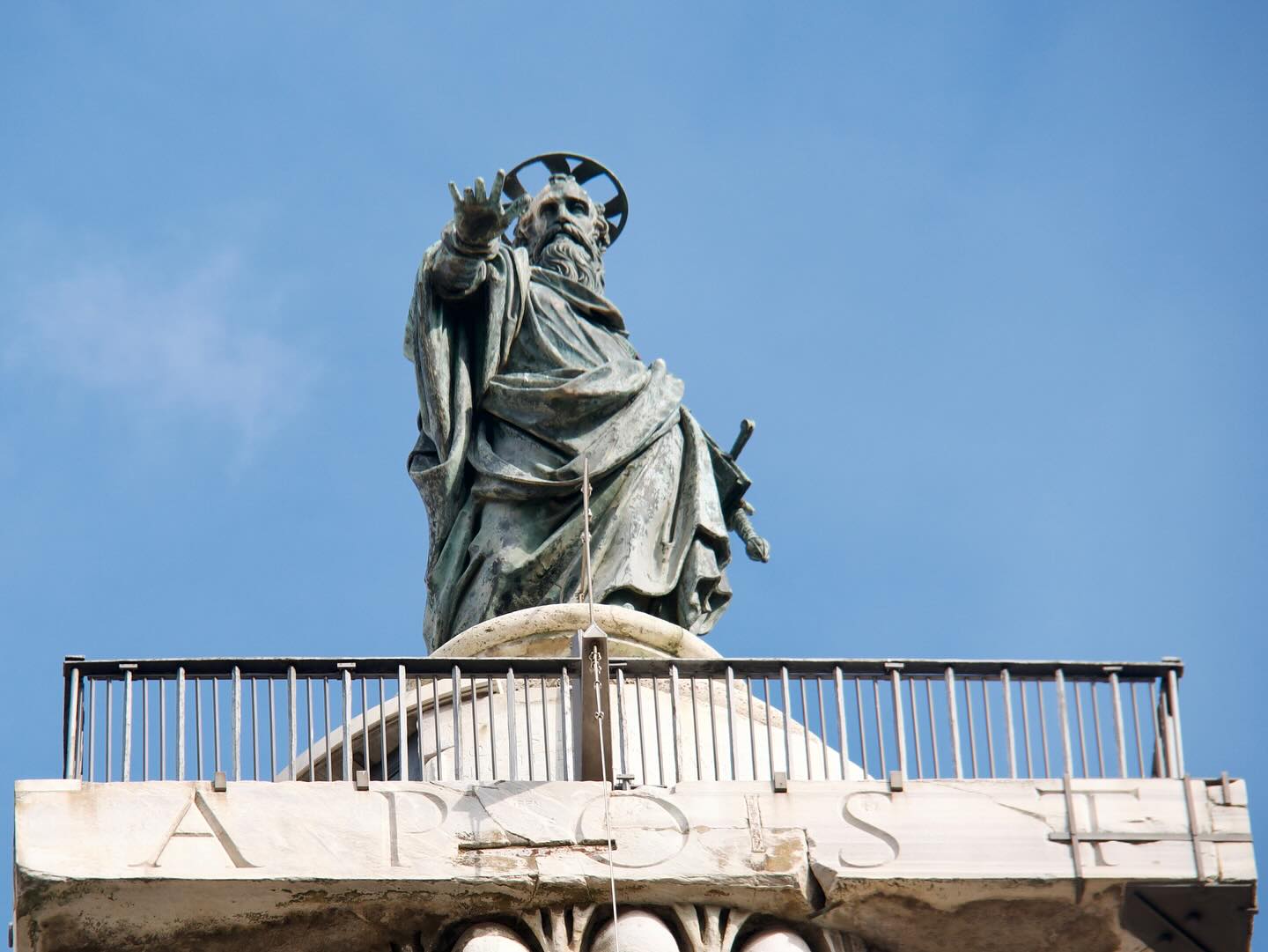
A group of local pilgrims will travel to the Vatican next summer to cross the Holy Door of St. Peter’s Basilica. Led by Father Daniel Ribeiro, the Holy Year pilgrimage is not restricted to Italy and the Holy See alone. Participants will retrace Saint Paul’s steps in Asia Minor and visit the world of a modern-day saint, Saint John Paul II.

The Holy Year celebrations of the Archdiocese of Jakarta coincide with the launching of the “Kabar Baik” (“Good News”) initiative. The newly created Catholic platform is dedicated to evangelization and the dissemination of religious content in the Bahasa language. The “Kabar Baik” platform aims in particular to inspire Catholic journalists to make the main messages of Pope Francis’ magisterium accessible and disseminated to a wider audience.
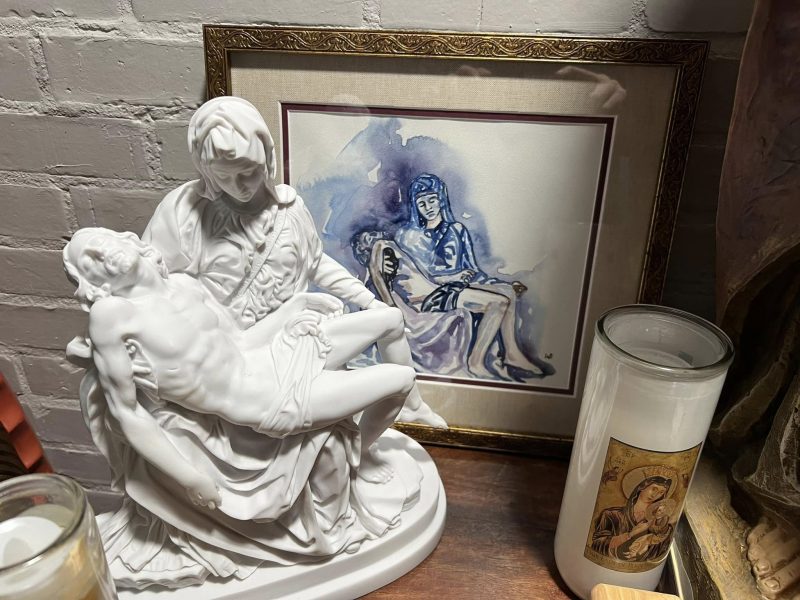
We may find Jesus’ invitation in today’s Gospel reading (Luke 6:27-38) challenging us always to, “love your enemies, do good to those who hate you, bless those who curse you, pray for those who treat you badly… If you love those who love you, what thanks can you expect? Even sinners love those who love them.” But we have to remember that Jesus didn’t instruct us to live and practice what Himself never practiced. While on earth, Jesus Christ was the friend of those who were discriminated upon or considered as outcasts and sinners (Lu 15:2) and while still hanging on the cross, with the excruciating pain of the crucifixion, Jesus prayed for those who persecuted Him “Father, forgive them; for they know not what they do” (Lk 23:34).
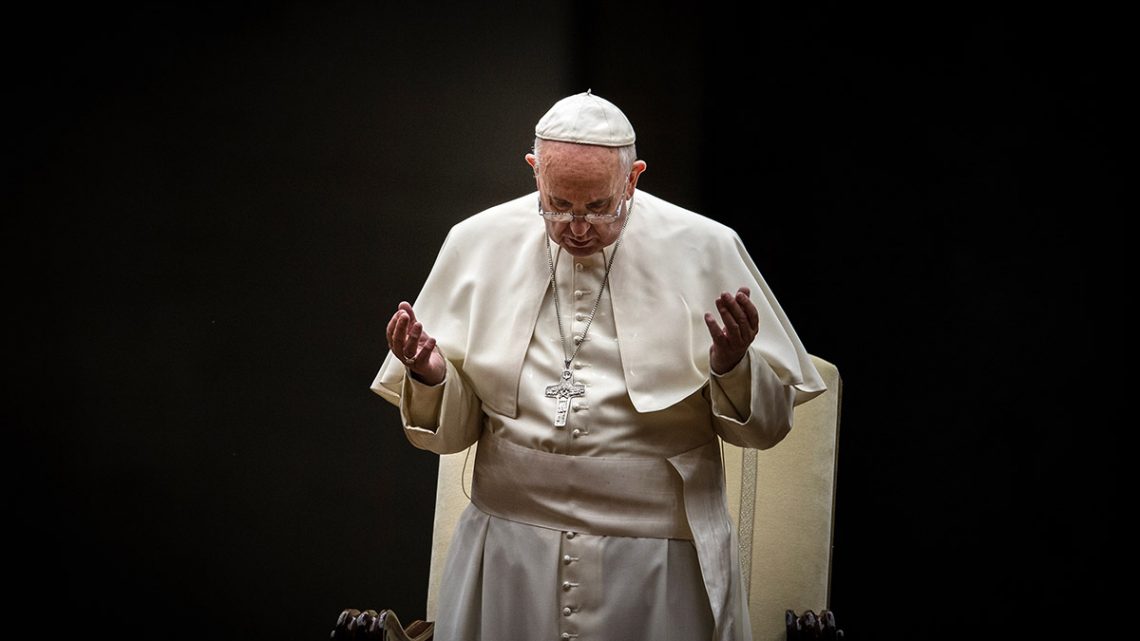
The Holy See Press Office has released an update on Pope Francis’ health as he is being treated for a respiratory infection, noting that his complex clinical condition requires an extended time of treatment in hospital.
As he remains in hospital with double pneumonia, we keep him close in prayer.
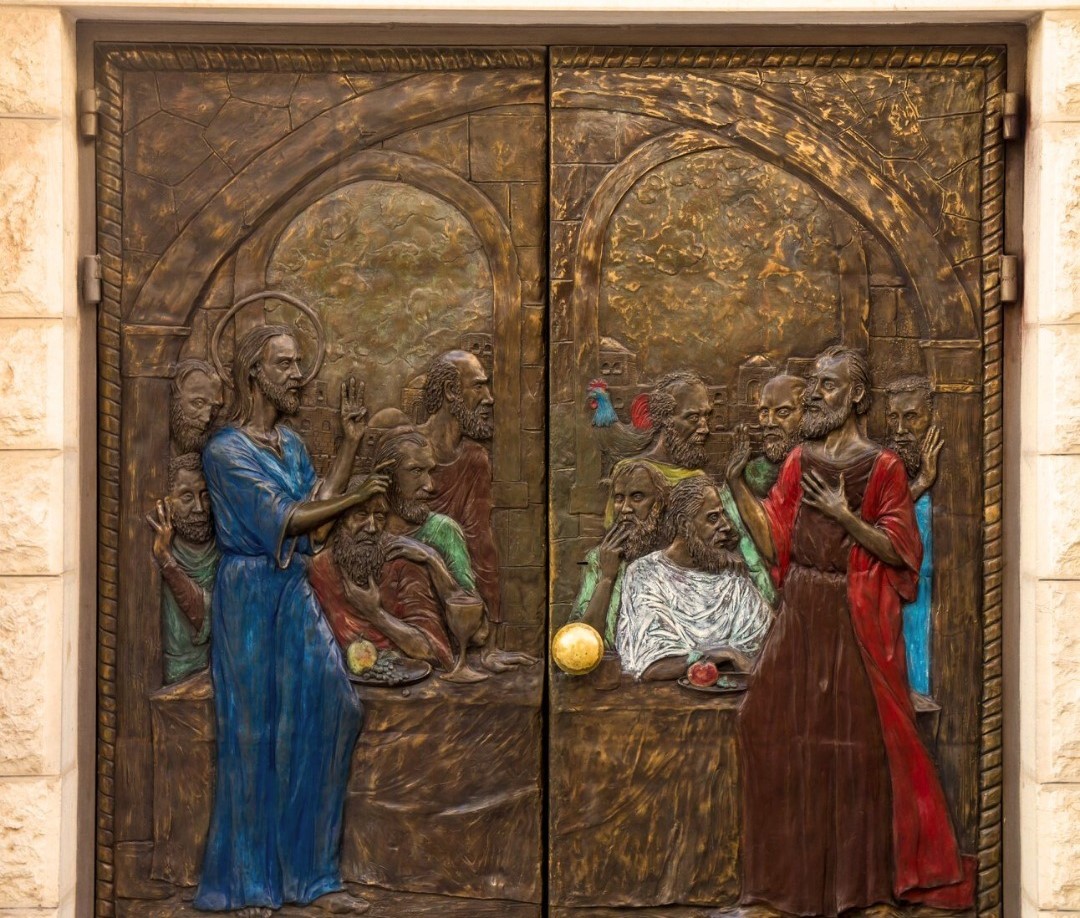
The New Testament shows us how Jesus gave special treatment to Peter, how he chose him from among the twelve. Does the New Testament also tell us about how Peter played his role? Yes, it does.

The Psalmist presents himself: “I am a pilgrim on the earth” (Ps 119:19); We live “as aliens on the land” (Ps 119:19). And St. Peter: “We are strangers and pilgrims on earth” (1 Pet 2:11). In our second column, we try to answer this question: Who are hopeful?